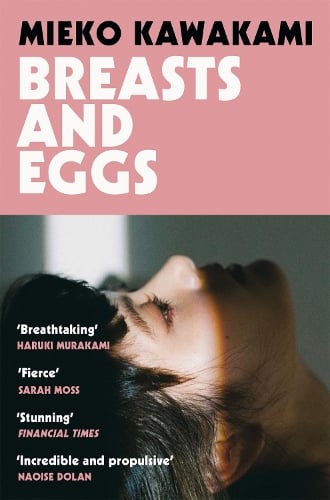The novel is praised for its candid and thoughtful portrayal of female bodily experiences and societal invisibility of aging women in Japan.
The reviewer reflects on how the novel addresses womanhood with frankness, from puberty to aging, and the cultural invisibility women face as they grow older. They note the contrast between characters’ differing relationships with their bodies, highlighting Makiko’s dissatisfaction with her breasts versus Natsuko’s acceptance, which offers a compelling exploration of femininity and societal pressures. The inclusion of Midoriko’s journal and Buddhist beliefs about gender adds a spiritual and introspective layer to the narrative. The reviewer is moved by the book’s ability to provoke reflection on harsh realities for women, including violence and societal expectations, making it a powerful and thought-provoking read.
Quick quotes
The novel talks frankly about womanhood and the female body.
Makiko’s wish for different breasts reminds Natsuko that her body’s failure to conform to the ideal presented in the media meant she gave up on trying to conform herself as a teenager.
A news report about the rape and murder of a 70-year old woman gives Natsuko pause to reflect on how awful the world is for women.
